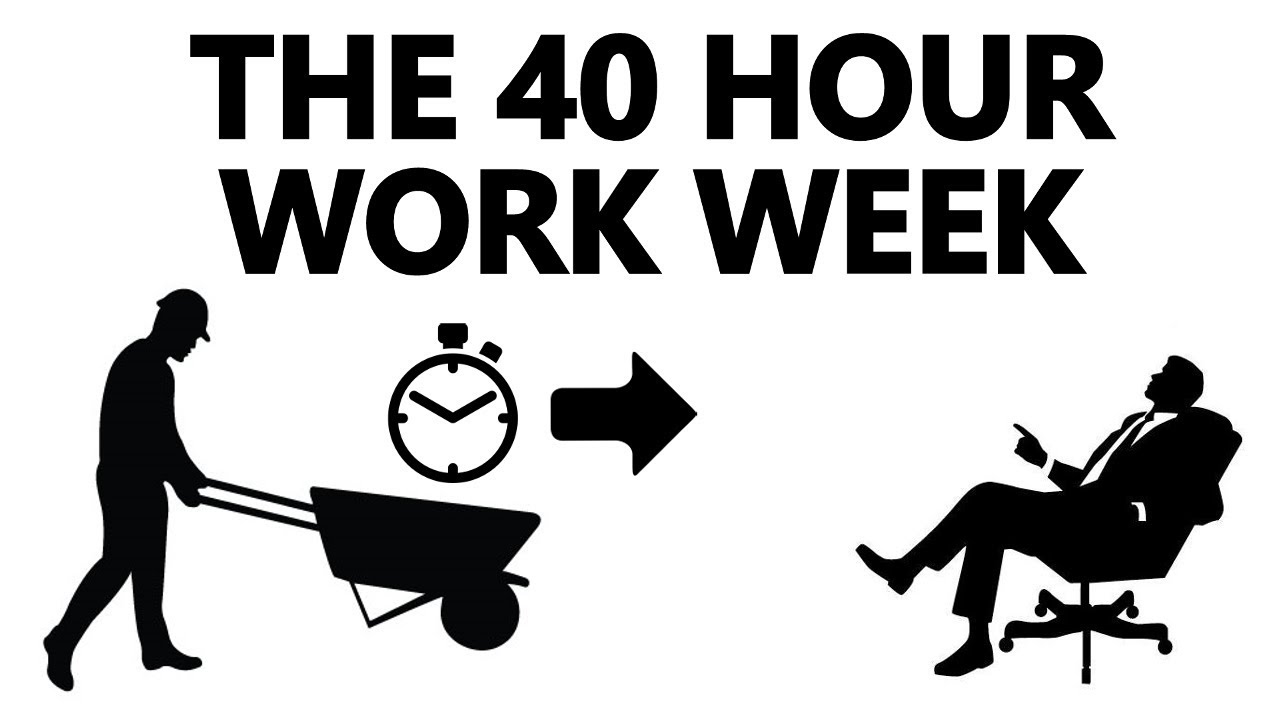When Resignation Is Done Wrongly
If a resignation is done incorrectly, it can lead to negative consequences such as damaging the employee’s professional reputation, strained relationships with former colleagues and employers, and difficulty finding future employment.

It’s important to follow proper protocol, such as giving sufficient notice, expressing gratitude for the opportunity to work with the company, and avoiding negative or hostile language. Resigning in a professional and respectful manner can help to maintain positive relationships and preserve future job prospects.
Instances Where Resignation Is Done Wrongly
Not giving enough notice: Failing to provide adequate notice of resignation can cause inconvenience and disruption for the employer and leave a negative impression on the employee’s professional reputation. Typically, a two-week notice is considered standard and gives the employer time to find a replacement or reorganize tasks.
Burning bridges: Using the resignation as an opportunity to criticize the company, coworkers, or management can damage relationships and harm future job prospects. It’s important to maintain a professional demeanor and express gratitude for the opportunity to work with the company, even if there were difficulties or disagreements.
Breaking confidentiality agreements: Sharing confidential information about the company or coworkers during the resignation process can be seen as a breach of trust and can have legal consequences. It’s important to respect non-disclosure agreements and not disclose sensitive information.
Neglecting responsibilities: Failing to complete assigned tasks or neglecting responsibilities before leaving the company can damage the employee’s professional reputation and harm future job prospects. It’s important to fulfill obligations and ensure a smooth transition of responsibilities before leaving.
Negotiating in bad faith: Attempting to renegotiate terms or conditions after a resignation has been submitted can damage the employee’s reputation and harm relationships with the employer. It’s important to approach the resignation process in a sincere and straightforward manner, and avoid making unreasonable demands or going back on commitments.
Not having a clear reason for resignation: Failing to provide a clear and professional explanation for the resignation can raise questions and leave a negative impression. Providing a clear and honest reason, such as seeking new opportunities or wanting to pursue other interests, can help to maintain positive relationships.
Neglecting to inform all relevant parties: Failing to inform all relevant parties, such as a direct supervisor, HR, or other colleagues, about the resignation in a timely manner can create confusion and leave a negative impression. It’s important to follow proper protocol and inform all relevant parties in a professional and respectful manner.
Consequences of Resigning Wrongly
Resigning from a job is a serious decision that can have significant consequences for your career and personal life. If you resign wrongly, meaning without proper consideration of the consequences, you may experience some or all of the following negative consequences:
Financial consequences: Resigning without having another job lined up or without a plan for your finances can lead to financial hardship. You may experience a gap in income or may be unable to pay bills or meet other financial obligations.
Career consequences: Resigning without considering the impact on your career can harm your professional reputation and limit your future job opportunities. It may be challenging to explain to future employers why you resigned without a plan or without a good reason.
Emotional consequences: Resigning without a plan or without sufficient consideration of your decision can lead to feelings of regret, guilt, or uncertainty about your future. This can take a toll on your mental and emotional well-being.
Relationship consequences: Resigning without proper notice or without considering the impact on your colleagues and employer can harm your relationships with these individuals. You may burn bridges or damage your reputation with people who could have been important contacts or references in the future.
Legal consequences: Resigning without following the proper procedures or without fulfilling your contractual obligations could lead to legal action being taken against you. This could harm your reputation and result in financial penalties or other legal consequences.
In summary, resigning wrongly can have significant and far-reaching consequences for your career, personal life, and well-being. It is essential to consider all the potential consequences and make a well-informed decision before resigning from a job.
Also, it’s important to handle a resignation in a professional and respectful manner to maintain positive relationships and preserve future job prospects. To know how resignation is done properly, please visit here to read more. You can also read about signs that you need to resign from your job here.
Do you like the article? Please comment, and share with loved ones. You can as well buy me a drink through this link. You can read more about work here.



